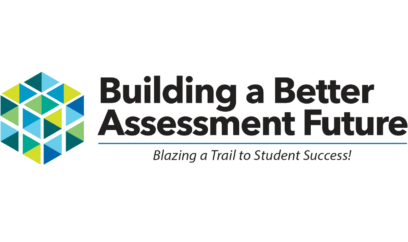
Building a Better Assessment Future 2025
August 5 - 6, 2025At the 2025 Building a Better Assessment Future conference, we are placing students at the center of our assessment systems, practices, and policies. Join us…
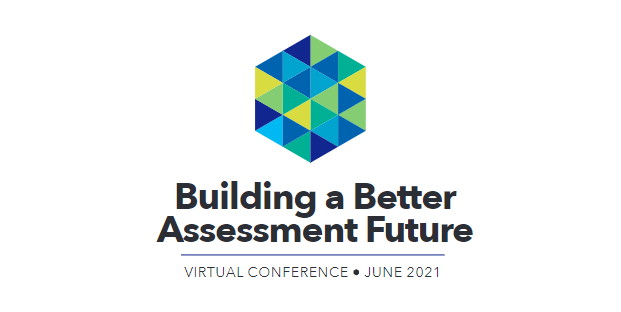
|
**Registration for this conference is closed. If you are interested in registering for this conference in a recorded format, please contact klafave@michiganassessmentconsoritum.org Why Build a Better Assessment Future? More than at any other time in recent history, educators and policymakers recognize the need to provide an education system that supports all children to achieve at high levels. The COVID-19 pandemic has exacerbated inequities in our system and presents an opportunity to aspire to adopt assessment approaches and systems that truly serve to support all children to achieve and become capable learners. This virtual conference aims to support district teams as they re-imagine their district’s assessment system in a way that elevates assessment purpose and use and propels student learning. This “must-participate” event will feature keynote addresses and workshops where teams of educators and national and international experts come together to discuss issues and inspire actions to build a better assessment future—envisioned as one that elevates assessment in support of ambitious teaching of rigorous content standards and emphasizes higher levels of student learning. The conference, hosted by the Michigan Assessment Consortium in partnership with FAME (Formative Assessment for Michigan Educators) and Oakland Schools aims to assist local districts to improve their instructional programs so that all students equally succeed at high levels and gaps between sub-groups are addressed and, eventually, eliminated. The conference will feature a renowned team of national and international assessment experts who will share their perspectives on how educational assessment might evolve to meet today’s challenges (see keynote descriptions and preview video links below). In addition, state assessment experts will address a diverse set of related topics in concurrent clinic sessions, listed in the BBAF Conference Schedule. Who should attend? All educators will be inspired and enriched by the content presented. Participants who attend as district or building teams (3 or more members) will benefit from dedicated team times and reflection tools. Teams should include stakeholders who are looking to implement solutions to assessment challenges and seek new opportunities to improve student learning through assessment. While participants are encouraged to attend with a team, individual educators are welcome to attend, and special opportunities for reflection have been planned for your benefit. Role of the Attendee: Participants should commit to expand their own assessment knowledge and work with their colleagues to elevate their practice and create quality assessment systems. Virtual conference features:
Outcomes: Participants will work and explore as part of a learning team to:
*Earn up to 16 SCECH credits |
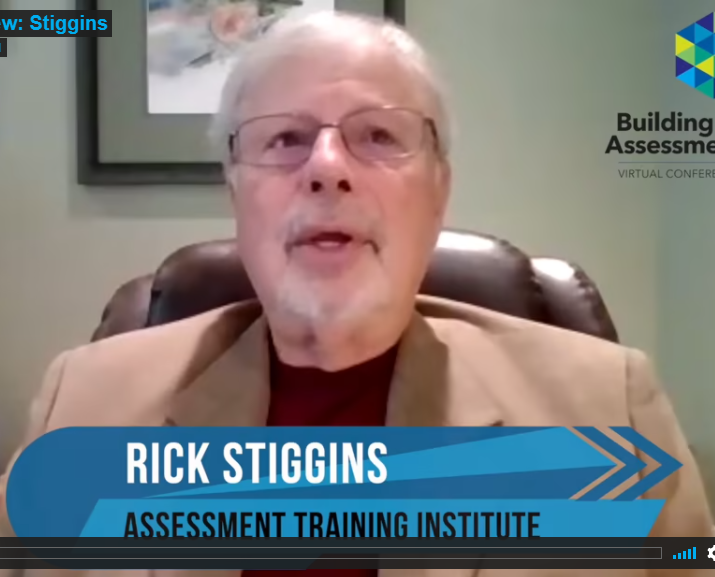
BBAF Preview: Rick Stiggins. Stop back for new presenter previews each week, or follow the URLs at the end of the presenter bios below.
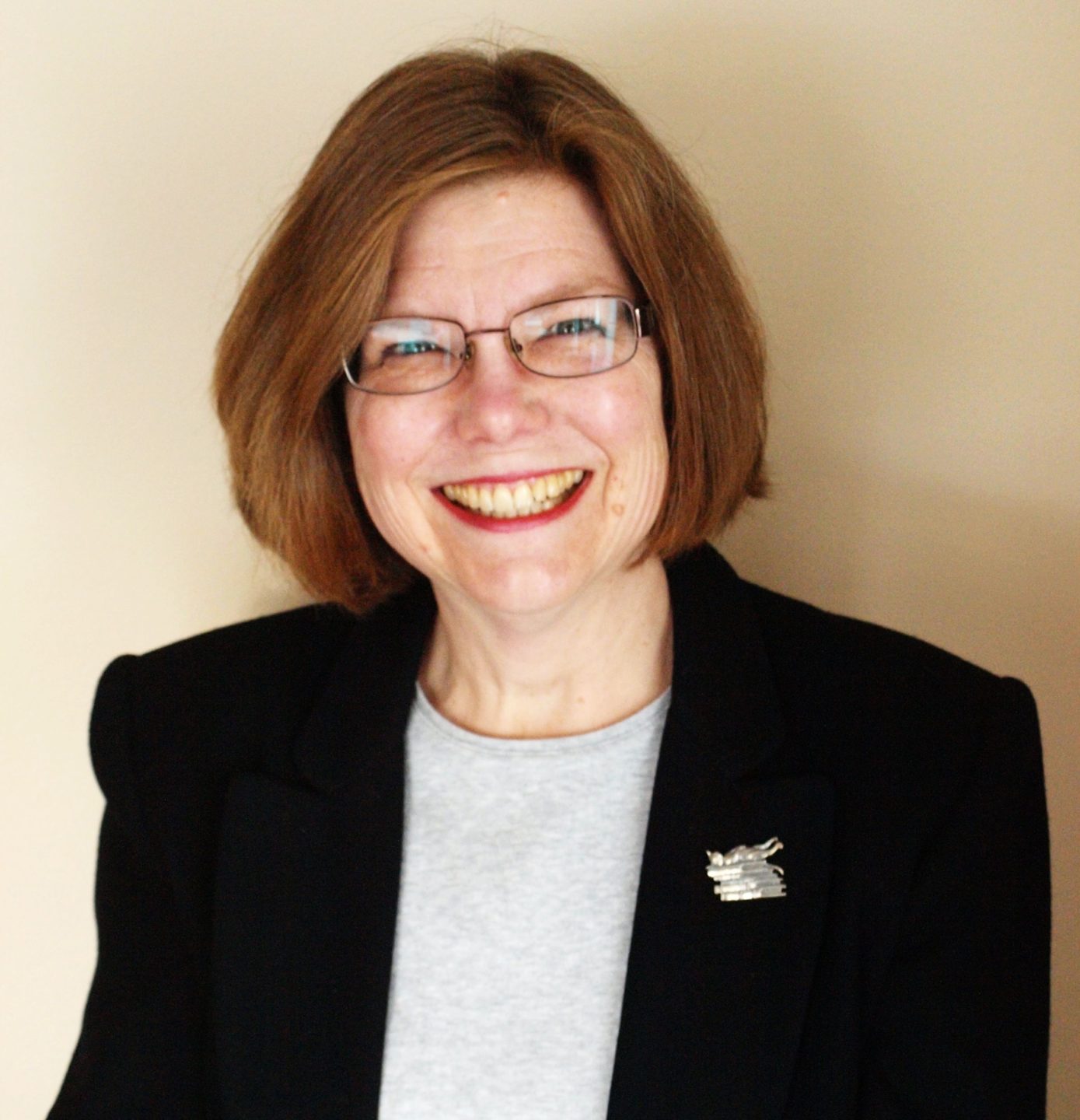
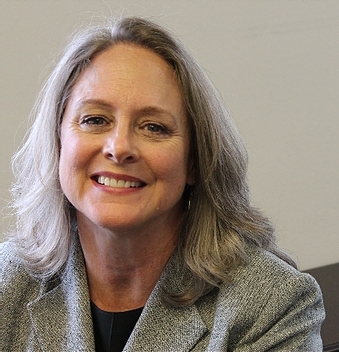
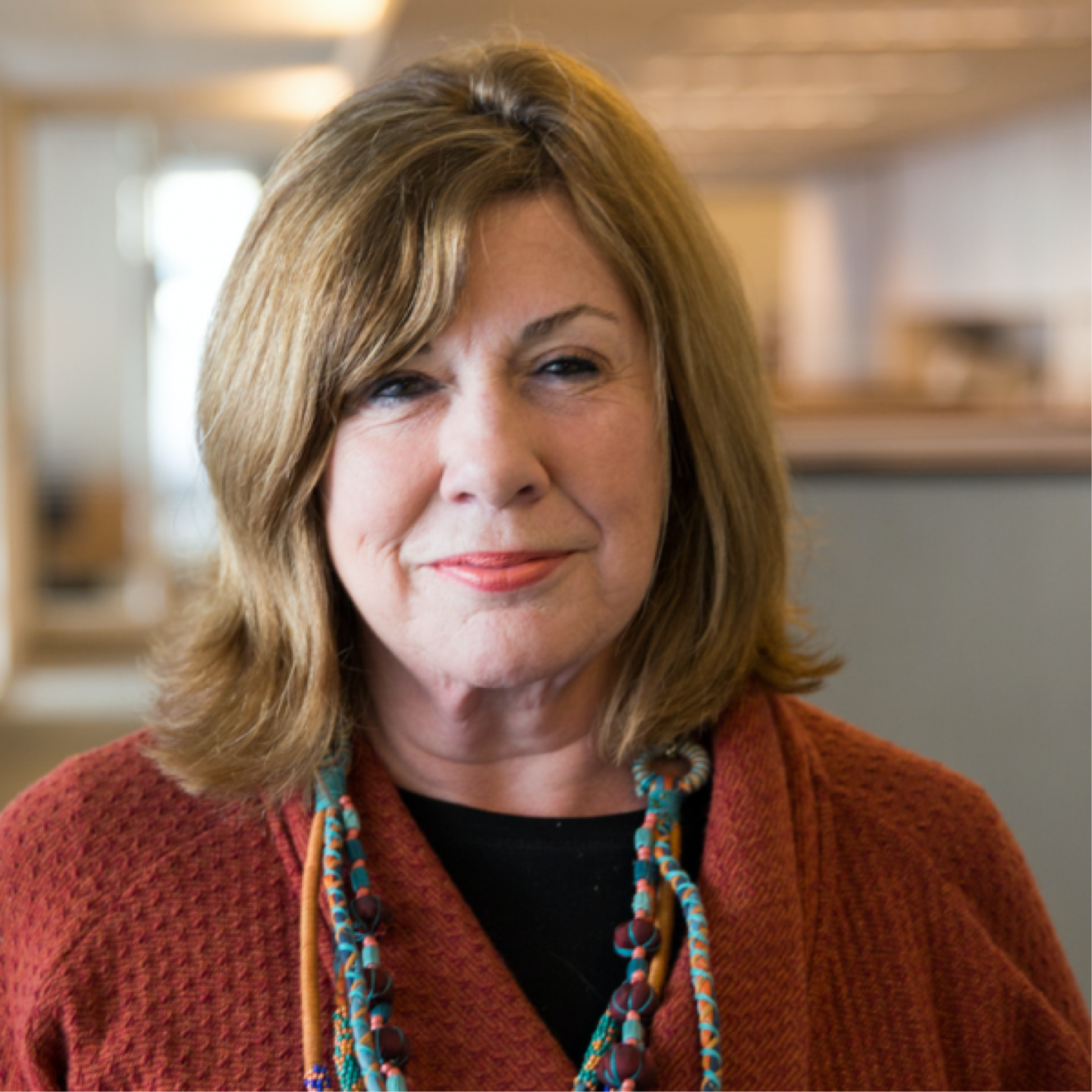
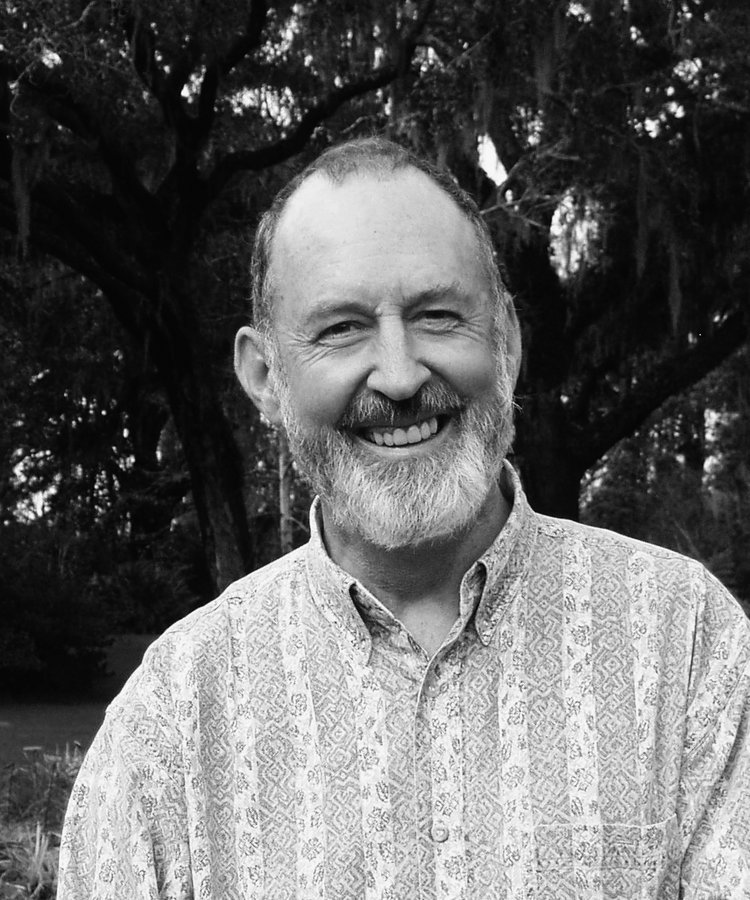
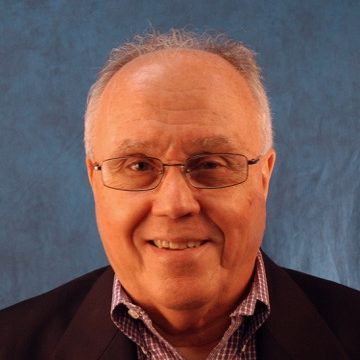
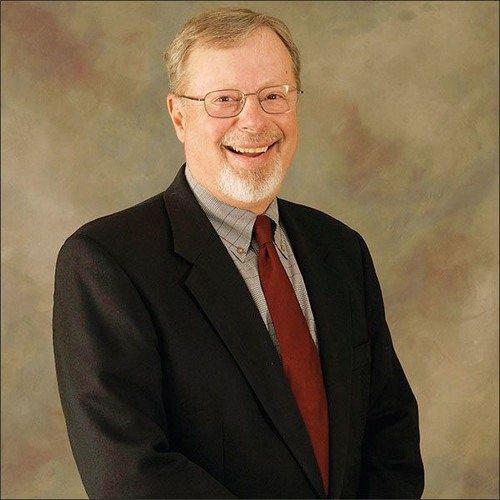

At the 2025 Building a Better Assessment Future conference, we are placing students at the center of our assessment systems, practices, and policies. Join us…
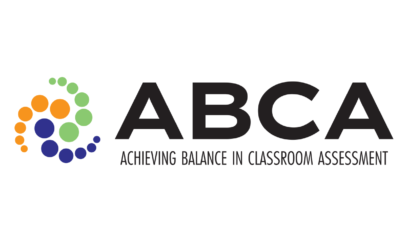
Facilitate classroom-level, assessment-literate practice to improve student learning & achievement! Districts that implement—with fidelity—quality balanced assessment systems in every classroom show improved student learning and…
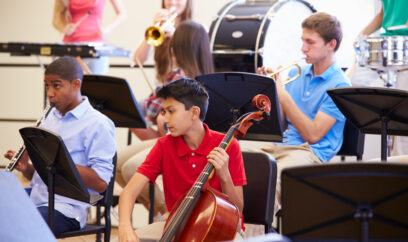
The Assessment Learning Network (ALN) kicks off the 2025-26 season with an in-person session that includes learning, networking, and a luncheon. Art is a…
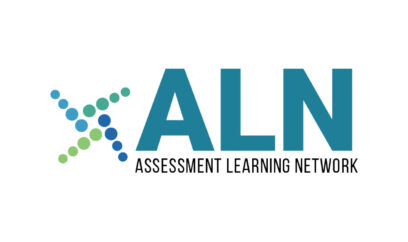
Note: to register for a Season Pass (and save money!), click the button at right. To register for individual sessions, click the session title in…